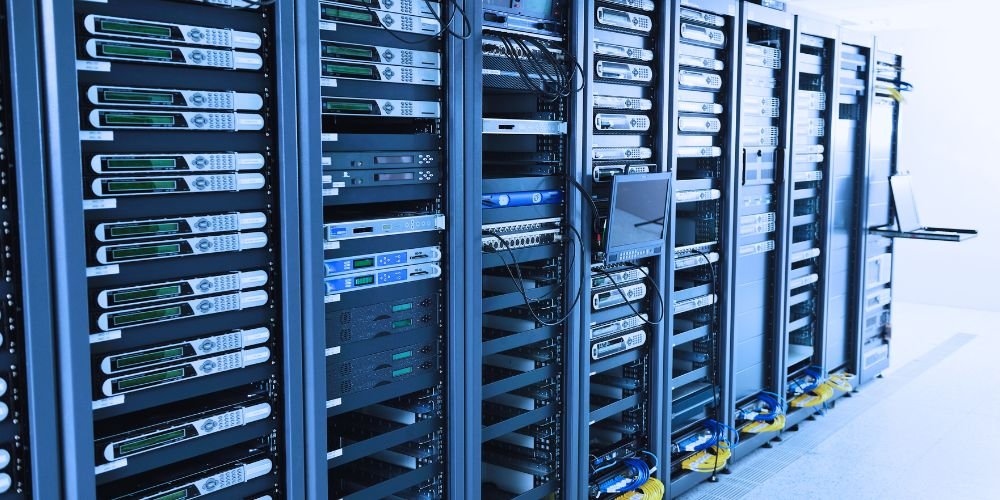Server hardware forms the backbone of digital infrastructure, powering the vast networks of data centers that underpin the internet, cloud computing, and countless online services. It enables the digital economy, from hosting websites and applications to processing big data and running artificial intelligence algorithms. In this opinion piece, we will delve into the significance of server hardware and its impact on modern computing.
Supporting Digital Services and Workloads
Server hardware is the foundation for hosting and delivering digital services to users worldwide. Whether it’s a web server serving up content to millions of users, a database server storing and retrieving critical data, or a compute server crunching complex calculations, it provides the computational power and resources needed to support diverse workloads and applications. As digital services increase and evolve, the demand for scalable, high-performance server hardware remains constant.
Driving Innovation and Efficiency
Advances in server hardware technology have led to significant improvements in performance, efficiency, and scalability. Modern server processors, memory modules, and storage devices are designed to deliver higher throughput, lower latency, and greater energy efficiency, enabling organizations to optimize their infrastructure for cost-effective operation and resource utilization. Moreover, innovations such as virtualization, containerization, and software-defined infrastructure have further enhanced the flexibility and efficiency of server hardware deployments.
Meeting Demands for Scalability and Resilience
Scalability and resilience are key considerations in server hardware design, particularly in cloud computing and data center environments. Server architectures are designed to scale both horizontally and vertically, enabling organizations to seamlessly expand their computing resources to meet increasing demands for processing power, storage capacity, and network bandwidth. Additionally, they incorporate redundancy, fault tolerance, and disaster recovery mechanisms to ensure high availability and reliability, minimizing downtime and service disruptions.
Enabling Specialized Workloads and Technologies
Server hardware enables specialized workloads and technologies, such as artificial intelligence, machine learning, and high-performance computing. Advanced server configurations, including GPU-accelerated servers, FPGA-based servers, and dedicated AI inference chips, offer the computational horsepower and hardware acceleration necessary to train and deploy complex AI models, analyze massive datasets, and perform computationally intensive tasks efficiently.
Conclusion
Server hardware is indispensable to the functioning of the digital world, serving as the backbone of modern computing infrastructure. From supporting digital services and workloads to driving innovation and efficiency, it plays a vital role in enabling organizations to harness the power of technology to meet the demands of an increasingly digital and interconnected world. As the pace of digital transformation accelerates, the importance of server hardware in powering the next generation of computing and innovation will only continue to grow.





